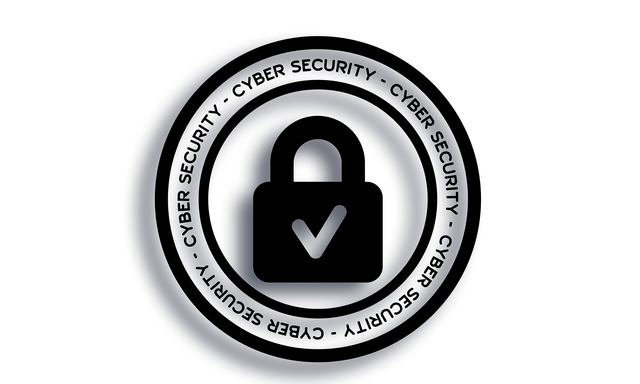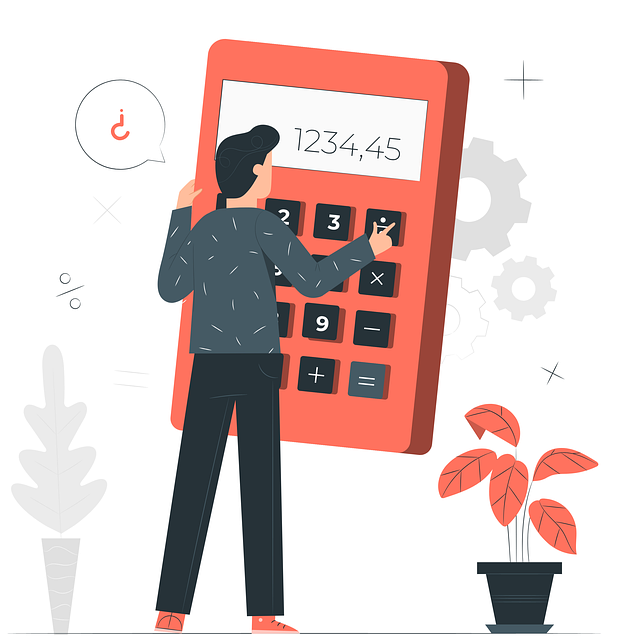Accounting firms face significant cybersecurity challenges due to their possession of sensitive financial data, making accounting malware protection a top priority. They must implement advanced IT security strategies, including multi-factor authentication, regular software updates, employee training, and threat detection systems to combat sophisticated phishing schemes and targeted attacks. The shift towards digital accounting software and cloud-based services necessitates robust identity protection practices. Regular security audits, data encryption, and compliance standards are crucial for maintaining data integrity and confidentiality while enhancing accounting malware protection.
In today’s digital landscape, accounting firms face unique risks from sophisticated cyber threats. Protecting sensitive financial data is paramount, as breaches can lead to severe consequences, including regulatory fines and client loss. This article explores essential IT security strategies and tools tailored for accounting practices, focusing on comprehensive malware protection. We delve into strategies like implementing robust antivirus and anti-malware solutions, firewall protection, data encryption through advanced encryption technologies, regular security audits, and staff training to fortify defenses against evolving cyber threats.
- Understanding the Unique Risks Facing Accounting Firms
- Essential IT Security Strategies for Accounting Practices
- Implementing Antivirus and Anti-Malware Solutions
- The Role of Firewall Protection in Digital Asset Safeguarding
- Data Encryption: A Powerful Tool Against Cyber Threats
- Regular Security Audits and Staff Training
Understanding the Unique Risks Facing Accounting Firms

Accounting firms face a unique set of cybersecurity challenges due to their handling of sensitive financial data. They are attractive targets for cybercriminals seeking valuable information, making accounting malware protection a top priority. Malicious actors often employ sophisticated phishing schemes and targeted attacks to gain unauthorized access to critical systems. With many CPAs relying on email as a primary communication tool, email protection is an essential layer in their security arsenal.
Moreover, the industry’s reliance on digital accounting software and cloud-based services introduces new risks. As these platforms store vast amounts of client data, ensuring identity protection accounting becomes crucial to prevent unauthorized access and potential data breaches. To meet compliance-level security standards, accounting firms must implement robust strategies that go beyond basic antivirus solutions. This includes adopting multi-factor authentication, regularly updating software, conducting employee training on cybersecurity best practices, and integrating advanced threat detection systems.
Essential IT Security Strategies for Accounting Practices

In today’s digital age, accounting firms face a myriad of cybersecurity challenges, with malware protection topping the list. To safeguard their sensitive financial data and client information, accounting practices must implement robust IT security strategies. One of the cornerstones of this defense is advanced threat detection systems that continuously monitor for malicious activities and potential ransomware attacks. By leveraging machine learning algorithms, these tools can identify unusual patterns and anomalies, enabling swift responses to emerging threats.
Furthermore, strengthening password security accounting practices is paramount. This involves enforcing strong authentication protocols, multi-factor authorization, and regular training sessions for staff on creating and managing passwords. Additionally, migrating critical operations to secure cloud environments offers enhanced data protection and accessibility for CPAs (Certified Public Accountants). Cloud security for CPAs integrates robust encryption, access controls, and compliance measures, ensuring that financial records remain safe while enabling remote access when needed.
Implementing Antivirus and Anti-Malware Solutions

Implementing robust antivirus and anti-malware solutions is a cornerstone of any comprehensive IT security strategy for accounting firms. With the rise of sophisticated cyber threats targeting financial data, these tools are essential to safeguard against malware designed to steal sensitive information, disrupt operations, or even demand ransom. Antivirus software scans for and removes malicious programs, while anti-malware focuses on detecting and blocking emerging threats that might evade traditional antivirus signatures.
Cloud security for CPAs is increasingly important as more accounting firms adopt digital platforms. Integrating these security solutions with robust firm security protocols ensures a multi-layered defense against cyberattacks. By implementing up-to-date antivirus and anti-malware measures, combined with strong identity protection accounting practices, firms can mitigate risks associated with malware protection, ensuring the integrity and confidentiality of their digital assets.
The Role of Firewall Protection in Digital Asset Safeguarding

In the realm of digital asset safeguarding for accounting firms, a robust firewall serves as a frontline defense against potential cyber threats. This essential tool acts as a barrier between an organization’s network and external malicious actors, filtering traffic based on predetermined security rules. By blocking unauthorized access attempts and monitoring incoming and outgoing data, firewalls prevent accounting malware protection breaches that could compromise sensitive financial information.
A well-configured CPA firewall setup is crucial for maintaining data security plans CPAs implement. This is especially important given the regulatory requirements and compliance-level security standards these professionals must adhere to. A sophisticated firewall not only safeguards client data but also helps in detecting and mitigating advanced threats, ensuring the integrity and confidentiality of financial records throughout the year.
Data Encryption: A Powerful Tool Against Cyber Threats

Data encryption is a robust defense mechanism that has become an indispensable tool in the arsenal of accounting firms facing an evolving digital landscape filled with cyber threats. By transforming sensitive data into unreadable code, encryption acts as a powerful shield against malicious actors seeking to steal or compromise critical financial information. This strategy is particularly vital given the allure of accounting data for cybercriminals, who often target it due to its value in black markets and potential for identity theft.
Implementing strong encryption protocols, such as Advanced Encryption Standard (AES), ensures that even if hackers gain unauthorized access, they won’t be able to decipher the data without a decryption key. This is crucial for maintaining compliance-level security standards and protecting client privacy. In addition, with the increasing adoption of cloud security solutions tailored for CPAs, encryption plays a significant role in securing data at rest and in transit, further fortifying the defenses of accounting firms against emerging threats like advanced persistent threats (APTs) and ransomware attacks.
Regular Security Audits and Staff Training

Regular security audits are a cornerstone of robust IT security strategies for accounting firms. These comprehensive assessments help identify vulnerabilities and ensure that all digital assets—from financial databases to client records—are protected at compliance-level standards. By conducting regular audits, firms can proactively mitigate risks associated with emerging threats like advanced persistent threats (APTs) and accounting malware protection. Moreover, staff training is integral to the process, equipping employees with the knowledge to recognize and respond to potential security incidents, such as phishing attempts, a common defense mechanism for CPAs in today’s digital landscape.
Cloud security for CPAs is another critical aspect that should be addressed during these audits. With many firms now relying on cloud-based accounting software, ensuring data integrity and confidentiality in these environments is essential. Incorporating robust cloud security measures not only protects sensitive financial information but also maintains the trust of clients who expect the highest levels of data protection. Regular training sessions can reinforce best practices for using cloud services securely, further bolstering the firm’s overall cybersecurity posture.
